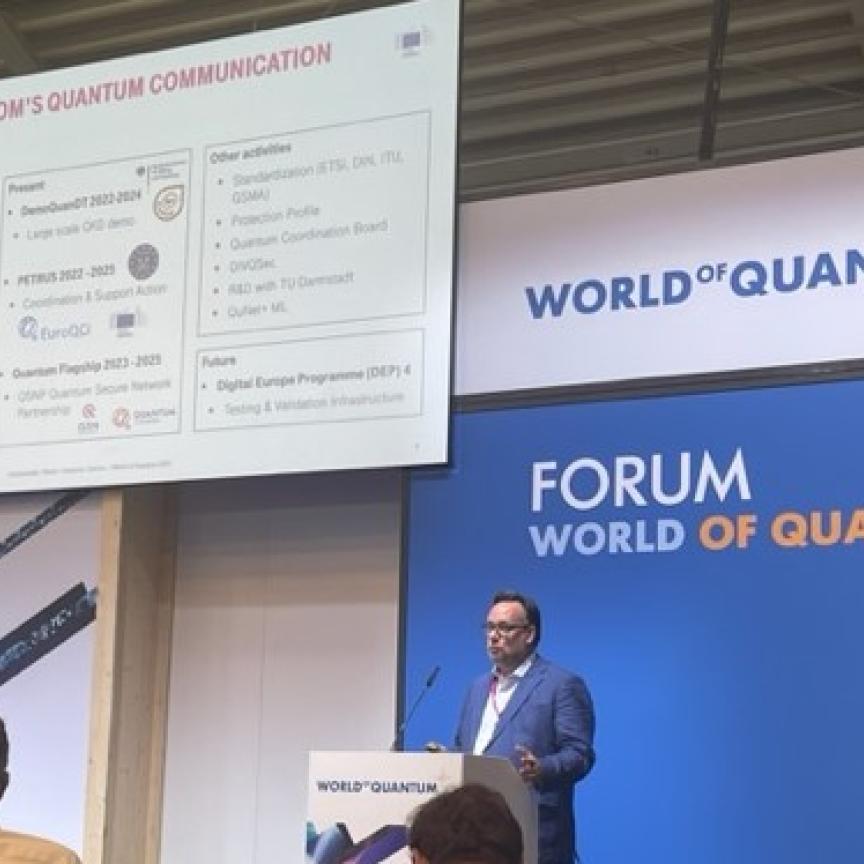The winners of the European Broadband Awards 2018 have been announced during an Award Ceremony in Brussels.
The awards, which first took place in 2015, aim to recognise outstanding broadband internet projects in Europe. The 2018 iteration saw the European commissioner for digital economy and society Mariya Gabriel and the commissioner for regional development Corina Creţu award five project winners in different categories focusing on innovative models of financing, cost reduction, territorial cohesion, socio-economic impact and competition.
The category 1 winner: Innovative models of financing, business and investment was Michaelston-y-Fedw Internet Community Interest Company, UK. The project gained start-up capital from the local community. It provides broadband to a small region. Any profits generated by the broadband services are reinvested back into the services and infrastructure, or in further community-level projects, identified by the shareholders of the community interest company.
Category 2: Cost reduction and co-investment in a future proof infrastructure was Welcoming Sunne to the Network of the Future, Sweden. The project replaced the old copper network with fibre and mobile networks in one Swedish municipality. As a result, Sunne municipality will, at the end of the project in January 2019, provide modern communication infrastructure to all local inhabitants with the possibility to get download speed up to 1Gb/s.
The category 3 winner: Territorial cohesion in rural and remote areas, was Poland enters gigabit society, Poland. This covers the whole Poland, especially remote areas and those who do not have broadband at all. As a result, the schools in remote areas will be connected to the high-speed telecommunication services. Thus, the project provides new opportunities for work, communication, education and culture for citizens living in remote regions.
The winner of category 4: Socio-economic impact and affordability, was Broadband for ‘Mand-ø’ – Connecting the UNESCO world heritage ‘Wadden Sea’, Denmark. The project provided a high capacity network to the inhabitants of a very small island (110 houses) located in the UNESCO world heritage area in Denmark, Wadden Sea. The local community gathered a big interest in broadband penetration from the residents of the island. As a result, almost all houses in the island are connected to the network.
Category 5: Openness and competition, was won by Val d'Oise Ultra-Fast Broadband Project: Debitex and Vortex, France. This project, based on public funding, ensures that all housing, businesses and public sites in the Val d'Oise department have access to ultra-fast broadband services. Two private partners provide wholesale services to retail operators. It has a great social impact, as it directly contributes to eradicating the digital divide in this French Department by allowing to those living in rural areas access the ultrafast broadband.
Commenting on the 2018 awards, Mariya Gabriel, commissioner for the Digital Economy and Society said: ‘The projects we celebrate are excellent examples of how technology is bringing European citizens closer together. Every one of us should be part of our modern society. High quality broadband is essential for all Europeans to be able to enjoy its benefits.’

